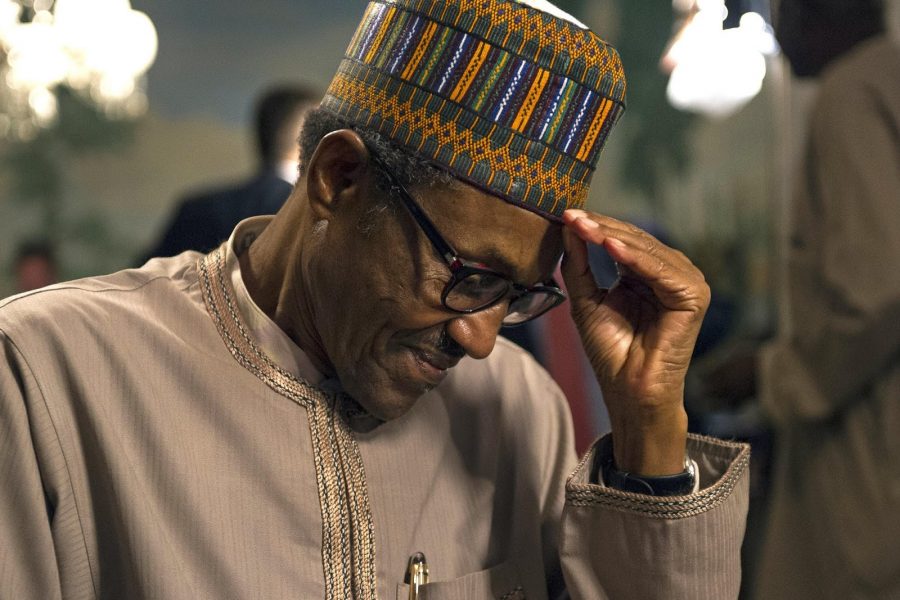Nigeria’s inflation rate has increased from 11.98% recorded in December 2019 to 12.13% in January 2020. This is the highest rate recorded in the country since May 2018, which was 11.61%.
According to the NBS report, month on month, inflation rose by 12.13% in January, higher than the rate (11.98%) recorded in December 2019 and 11.85% in November 2019.
Food Inflation
A closely-watched component of the inflation index rose by 14.85% in January 2020 compared to 14.67% recorded in December 2019. On a month-on-month basis, the food sub-index rose by 0.99% in January 2020, up by 0.02% points from 0.97% recorded in December 2019.
The average annual rate of change of the food sub-index for the twelve-month period ending January 2020 was 13.86% from December 2019 (13.74%).
According to the report, the rise in the food index was caused by increases in prices of bread and cereals, meat, oils and fats, potatoes, yam and other tubers and fish.
[READ MORE: Rapid increase in food price temporary – Emefiele]
Core Inflation
The ”All items less farm produce” or Core inflation, which excludes the prices of volatile agricultural produce, rose to 9.35% in January 2020, up by 0.02% when compared with 9.33% recorded in December 2019.
On a month-on-month basis, the core sub-index increased by 0.82% in January 2020. This was up by 0.01% when compared with 0.81% recorded in December 2019. Also, the average 12-month annual rate of change of the index was 9.11% for the twelve-month period ending January 2020. This is 0.04% lower than 9.15% recorded in December 2019.
The report showed that core inflation was driven by increase recorded in prices of hospital services, vehicle spare parts, cleaning, repair and hire of clothing, shoes and other footwear, glassware, tableware and household utensil, hairdressing salons and personal grooming establishments, repair and hire of footwear, garments, as well as passenger transport by air.
READ MORE: Nigerians prefer low interest rates over low inflation rates]
Rural and Urban Inflation
Similarly, the urban inflation rate increased by 12.78% (year-on-year) in January 2020 from 12.62% recorded in December 2019 while the rural inflation rate increased by 11.54% in January 2020 from 11.41% recorded in December 2019.
On a month-on-month basis, the urban index rose by 0.92% in January 2020, up from 0.9% recorded in the previous month, while the rural index also rose by 0.83% in January 2020, from 0.82% recorded in December 2019.
The latest inflation report implies a fast rise in the prices of overall goods and services in the economy. The report showed that Nigeria’s inflation rose to 21 months high, the fastest growth recorded since May 2018.
[READ MORE: Why Emefiele’s interest rate policy is ‘great’]
It should be noted that the latest increase in the inflation rate means the purchasing power of consumers to buy goods and services deteriorated. That is, the ability of consumers to buy the same quantity of goods with a fixed income level has worsened within the period, despite investment yields being low.
